 |
| Malaysia's new strategic pillars include: Artificial Intelligence (AI), Healthcare Technology and Life Sciences, Agri- Tech and Food Security, and Going Global. (Source: World Bank) |
With the theme “Innovate - Commercialize - Lead”, the I-Nation 2025 Conference attracted the participation of policymakers, researchers, entrepreneurs, investors and international partners from many countries such as Singapore, India, the US and Sweden.
Malaysian Minister of Science, Technology and Innovation, Mr. Chang Lih Kang, emphasized that the theme of this year's Conference clearly demonstrated the government's commitment to building a resilient innovation economy .
The official said Malaysia aims to achieve 3.5% of total national expenditure on research and development (GERD) by 2030 with 70% contribution from the industrial sector, while increasing the number of domestic technologies commercialized in the global market by 50%.
According to Mr Chang, I-Nation is a testament to the strength of Malaysia’s innovation ecosystem, where ideas are realized into concrete impact and partnerships are formed for the future.
Notably, the I-Nation 2025 Conference focuses on four key strategic pillars that reflect Malaysia’s national priorities in the field of science and technology.
Accordingly, the first pillar is Artificial Intelligence (AI) , aiming to make Malaysia a regional testing ground for AI technology. Some of the prominent topics discussed include sovereign AI, autonomous agents, AI applications in financial technology and strategies to position Malaysia as the new technology superpower of Southeast Asia.
The second pillar is Health Technology and Life Sciences , which focuses on the use of technology to improve access, increase sustainability and reduce the cost of healthcare. Experts discuss the role of innovation in making healthcare more affordable and the potential contribution of technology to improving national healthcare systems.
Agricultural Technology and Food Security is the third pillar, built on the urgent need to ensure global food supply as the world population is expected to reach 9 billion by 2050. The conference highlighted the importance of sustainable agriculture, technology-friendly policies and modern farming methods to address food insecurity.
The final pillar is Go Global , which demonstrates Malaysia’s determination to bring local products and technologies to the international market. Discussions focused on how to scale up commercialization through collaboration, investment and learning from leading developed countries such as Singapore and Sweden.
Malaysia expects the proposed pillars to not only strengthen the national innovation ecosystem, but also support the “ASEAN Startup Year 2025” initiative and the ASEAN Digital Economy Framework Agreement (DEFA), towards building a US$2 trillion regional digital economy by 2030.
Through this event, Malaysia wants to demonstrate its determination in translating innovation into real-world impact, strengthen economic resilience and position the country as a global launchpad for new technologies and ideas.
Source: https://baoquocte.vn/malaysia-cong-bo-4-tru-cot-doi-moi-dinh-vi-tro-thanh-sieu-cuong-cong-nghe-moi-cua-dong-nam-a-330328.html


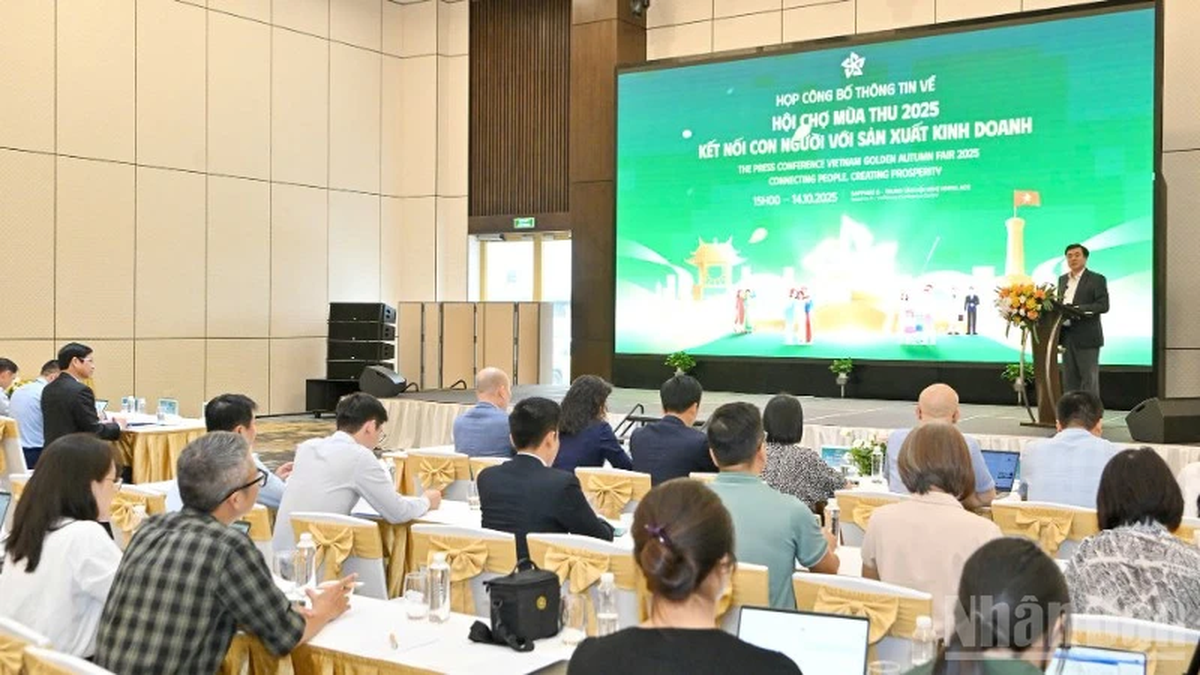

![[Photo] Ready for the 2025 Fall Fair](https://vphoto.vietnam.vn/thumb/1200x675/vietnam/resource/IMAGE/2025/10/14/1760456672454_ndo_br_chi-9796-jpg.webp)



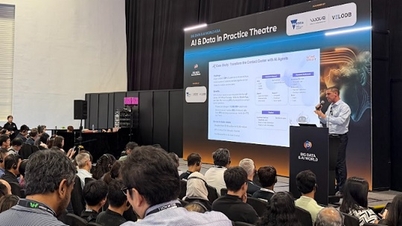



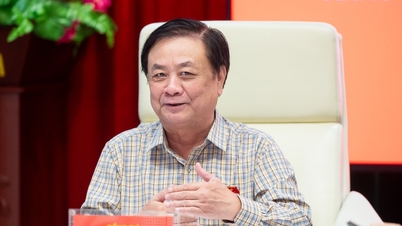





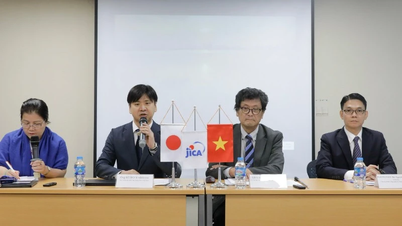

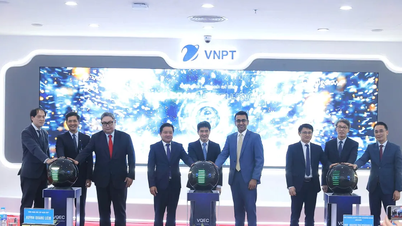

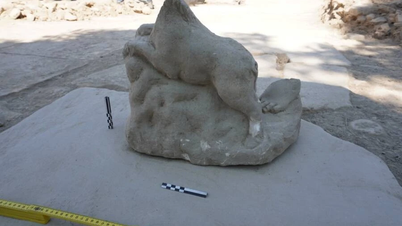








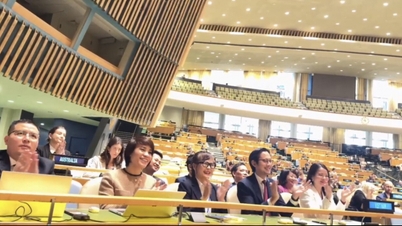



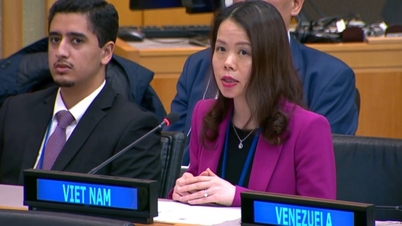
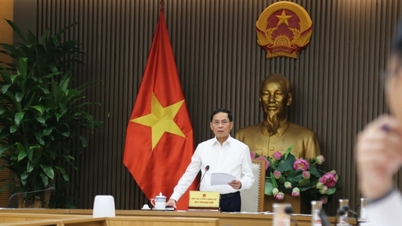
























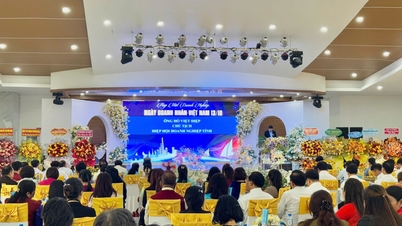
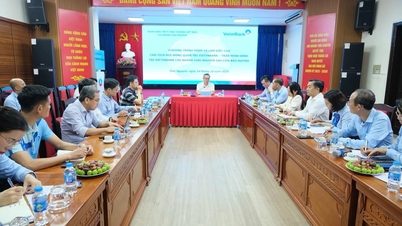










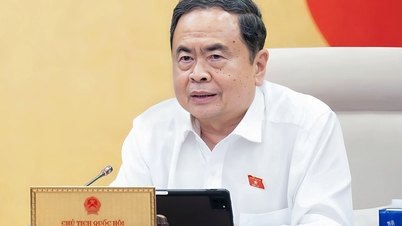
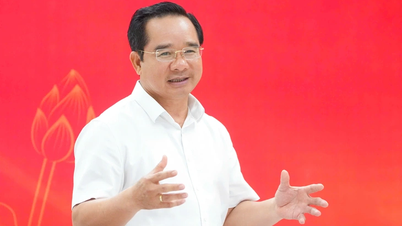


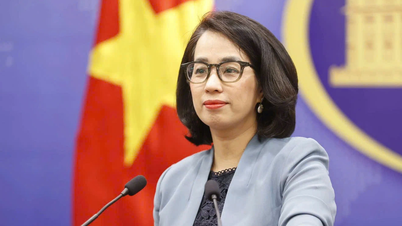

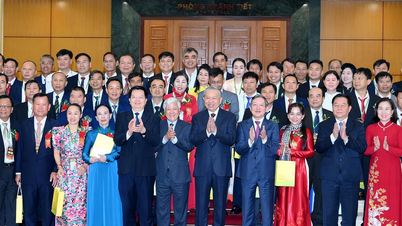
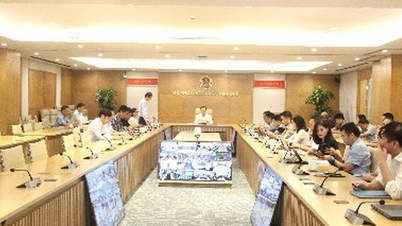

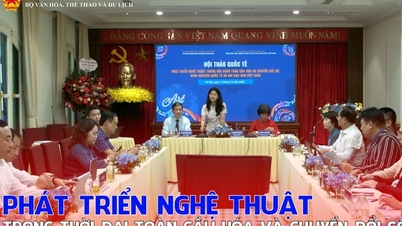


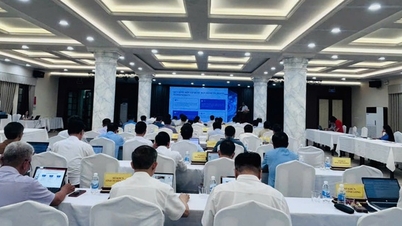
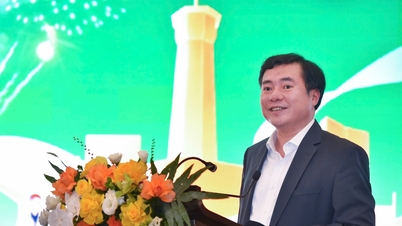

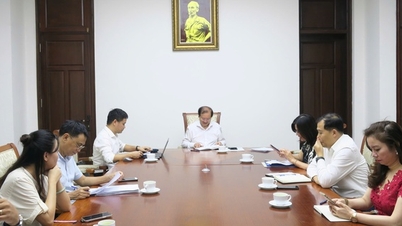


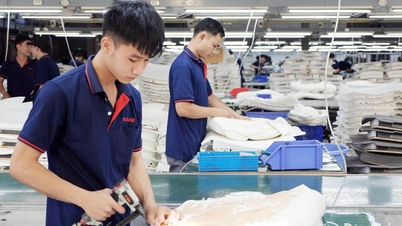





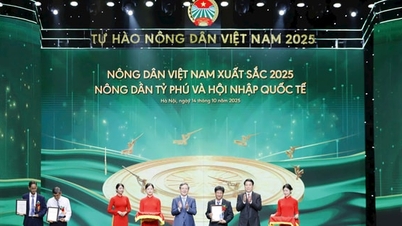















Comment (0)